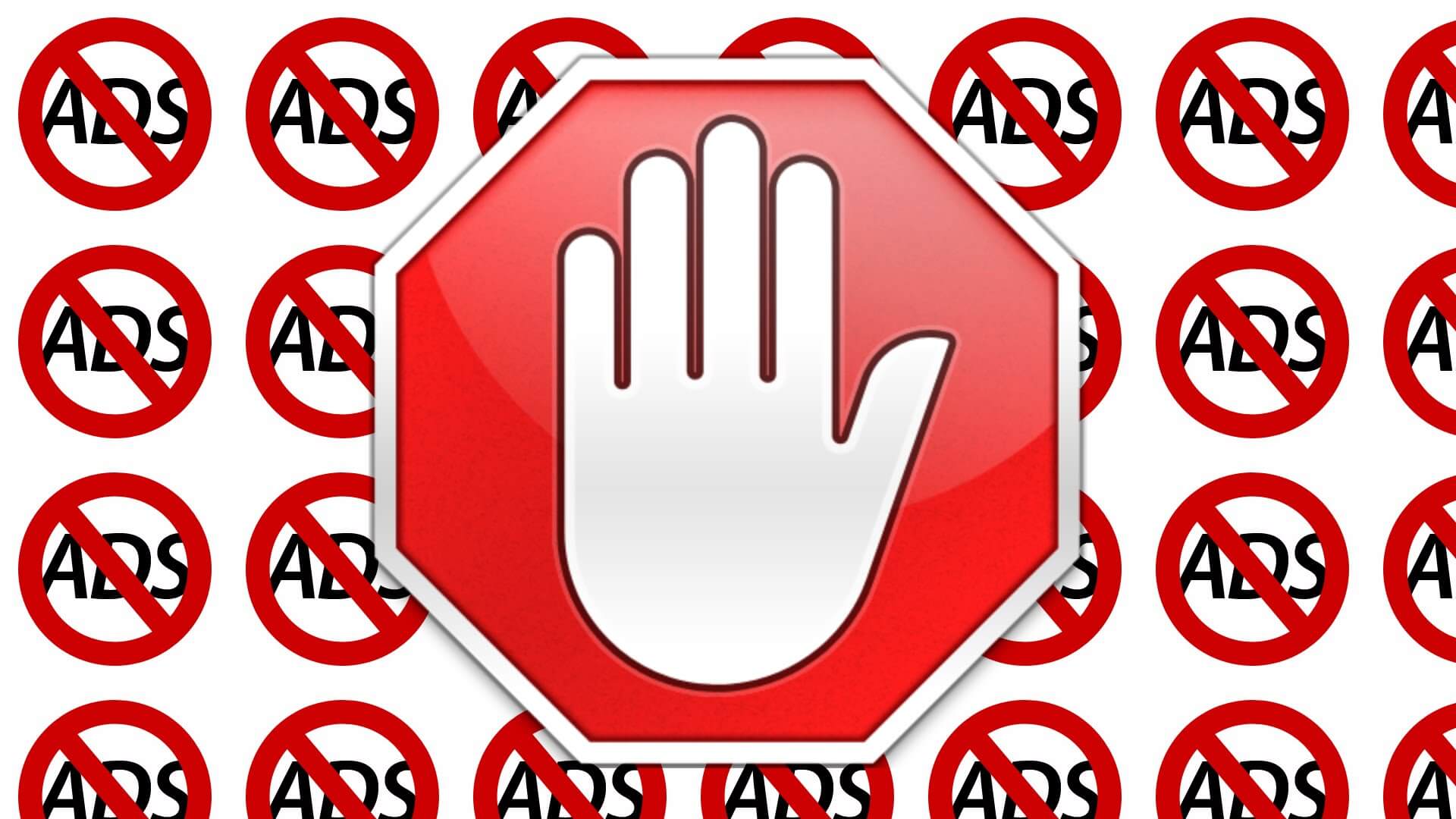Perusing through a couple different news sites, I’ve recently found quite a few articles talking about the problem ad blocking software is causing for companies that do business online. For the uninitiated ad blockers are programs that do just that: They block online advertisements. The most popular of these programs in terms of downloads is simply called AdBlock and it integrates well with pretty much every browser out there. Hell, Adblock Plus (totally different company. I swear.) even developed their own mobile browser for Android devices. This browser automatically blocks incoming web ads before they’re loaded, thus saving bandwidth and battery power.
Everyone I know uses some kind of ad blocking software. They’re pretty ubiquitous on the net. So what’s the big deal? Well, the big deal is these ad blockers are costing companies money. A lot of money. Tens of billions of dollars. The type of losses that simply won’t fly in the boardroom.
Ad blockers are expected to cost the industry $22 billion in revenue this year, according to a report by Adobe and PageFair, a company that helps publishers work around and measure ad blockers. The research projects that the number of people regularly blocking ads will grow 41 percent to 200 million by the end of 2015.
See, companies have started devoting a lot more time and effort into online ads, whether banner, video, pop-up, or what have you. A lot of media companies have utilized what are essentially online commercials to help pay for their productions. These come in many forms. Hulu does it. YouTube does it. YouTube even lets the little guys get a taste of the pie by allowing them to monetize their accounts. If your videos garner enough views you might get a pretty decent paycheck out of it.

If an individual can earn that kind of money from ad revenue from his YouTube channel, just think about the money large companies are looking to make. Companies with entire advertising departments devoted to creating the perfect ad to get you to buy their goods and/or services. And then a community arises that creates programs that essentially nullify all their hard work. Ad blockers will skip carefully crafted video ads or prevent banner ads from being seen. They’ll stop any kind of pop-up ad from flashing before your pretty little consumer eyes.
But, as I asked earlier, are ad blockers really the problem here? Yes, companies are losing money. But I believe they’re losing it for a reason. As any ardent denizen of the internet can attest, online ads have gotten pretty ridiculous lately. They’re as invasive and pervasive as they’ve ever been. There’s nary a place on the whole of the World Wide Web you can scurry to that isn’t inundated with banner ads. There have been plenty of times where I loaded up a website only to hear some unfamiliar sounds coming from my computer. I then would have to search through the page to find the offending video ad that auto-played upon my arrival and put a stop to its evil ways.
Ad blockers are a response to an industry that finally saw the internet for what it was: a vast untapped treasure trove of young eyes with access to disposable income. They couldn’t control themselves. And so they advertised. And advertised. And found new ways to advertise. They developed pop-up flash ads that completely paralyzed your browsing experience until the ad finished. They threw video ads for tangentially related products into our favorite videos. They took this golden goose they had ignored for so long and killed it. Then they summoned a voodoo shaman who raised it from the dead just so they could kill it again.

This process went on for years. The internet had become the thing that killed MySpace. Remember all the auto-playing songs and oh-so-many animated .gifs and puke inducing background color schemes? That is what the current trend of internet advertising is doing. It’s turning all of our favorite sites into garbage that would embarrass an early 00’s teenage girl. So we block their ads. We block them all. We’ve had enough of their nonsense. We can’t take it anymore.
Then the inevitable happens. People start begging.
Or they start shaming. I kinda don’t blame them. If my only source of revenue was being compromised by some program everyone started using, I’d be pretty pissed off too. It seems as if the little guys are being punished for the sins of the big guys. That isn’t fair. But what are we to do? There’s always the option to whitelist specific sites, blogs, or YouTube channels.
But really, in order to solve this whole problem of lost revenue and invasive ads, advertisers and consumers have to find some middle ground. The problem most people had and continue to have with online ads is the way they always seem to halt the flow of entertainment. Everything is chugging along on the fun train until it hits one of several stops along the way to sell you stuff you don’t need.

These ads need to feel organic. They need to be entertaining. They need to grab the attention of the consumer without actually forcing them to view the ad by locking out the other content. They have to do all the things that ads used to do before their migration to the web. The sheer volume of inherent eyes on their products has made some advertisers lazy and dull. To the point where we don’t care if the companies go out of business. They should. They’re abusing us.
But no content is free. If it cost someone time and effort, they should be rewarded for their work. No one should be forced to give their content away for free. To paraphrase Andrew Ryan, “Is a man not entitled to the sweat of his brow? ‘No,’ says the man on the internet, ‘it belongs to the world.” It does not belong to the world free of charge.

Online advertisers are on the precipice of change. They must adapt or die. We will always be here, and there will always be producers who will have a good or service to sell online. The ball is in their court. They have to find a way to entice us like they used to. Ads can be funny. They can be charming. They can even be sexy. But they have to speak to us to we can understand their message. Advertisers need to remember that advertising isn’t just throwing the product at us and saying “BUY THIS!” They need to rediscover nuance and tact. Or the entire economy of the web could be thrown in the lurch.








